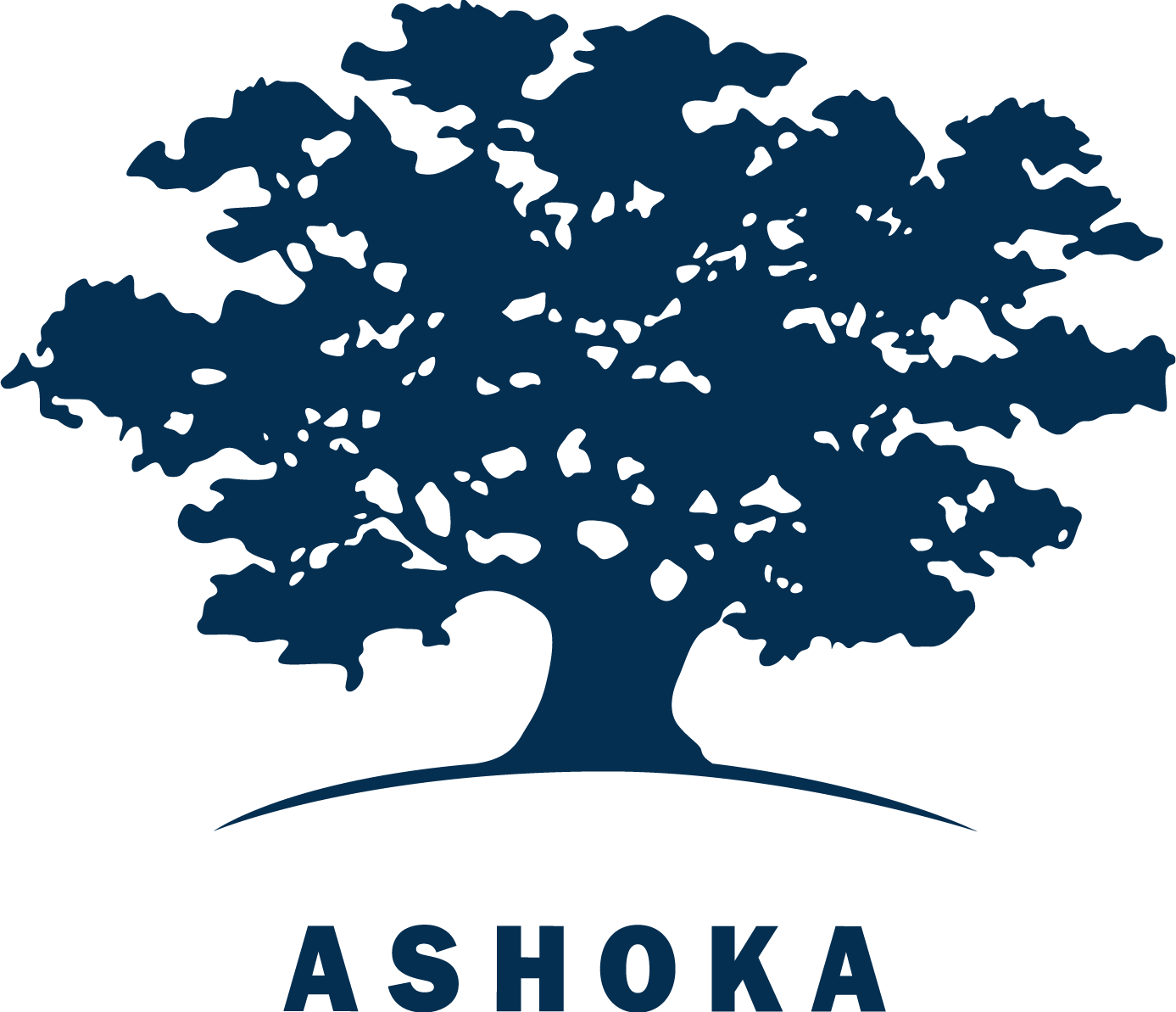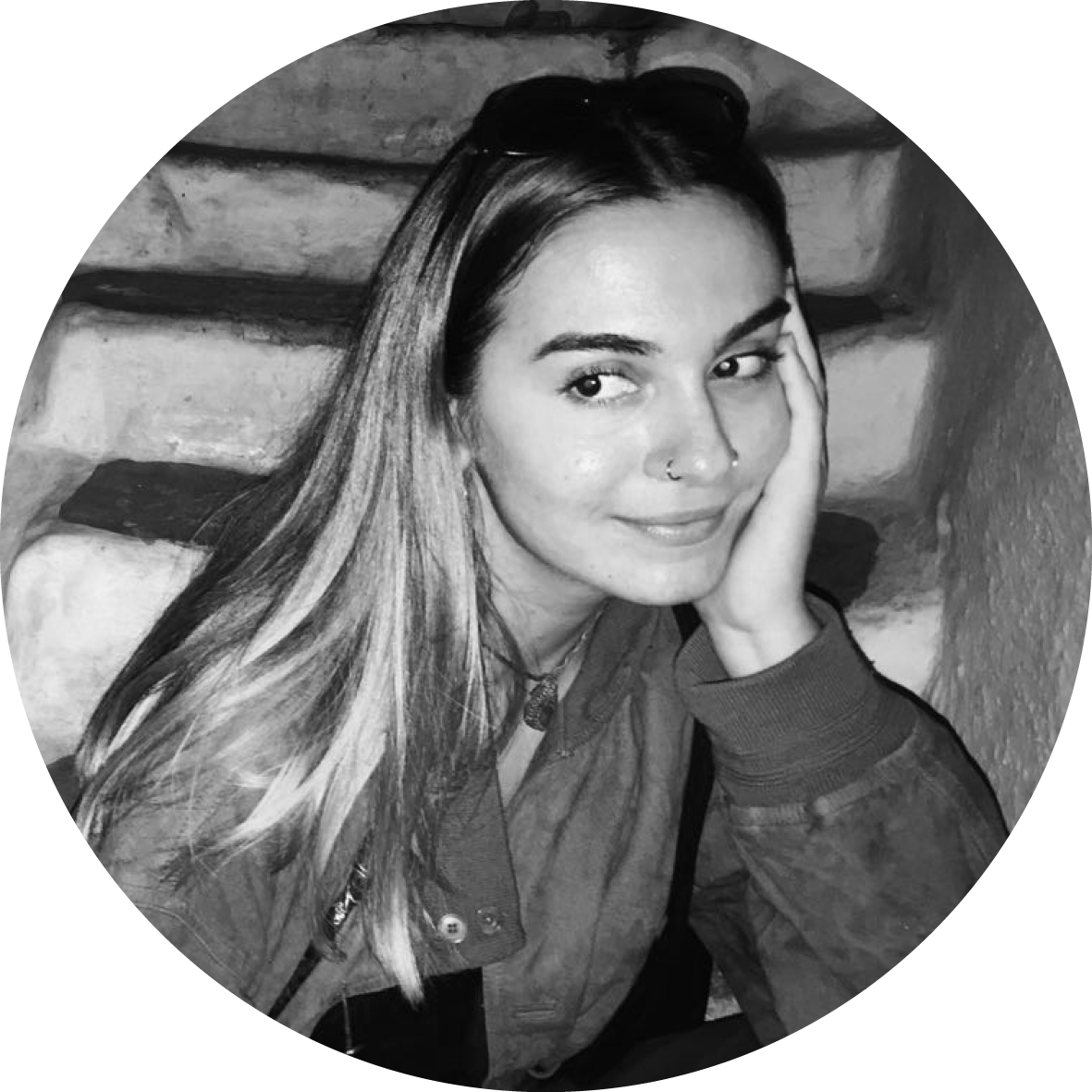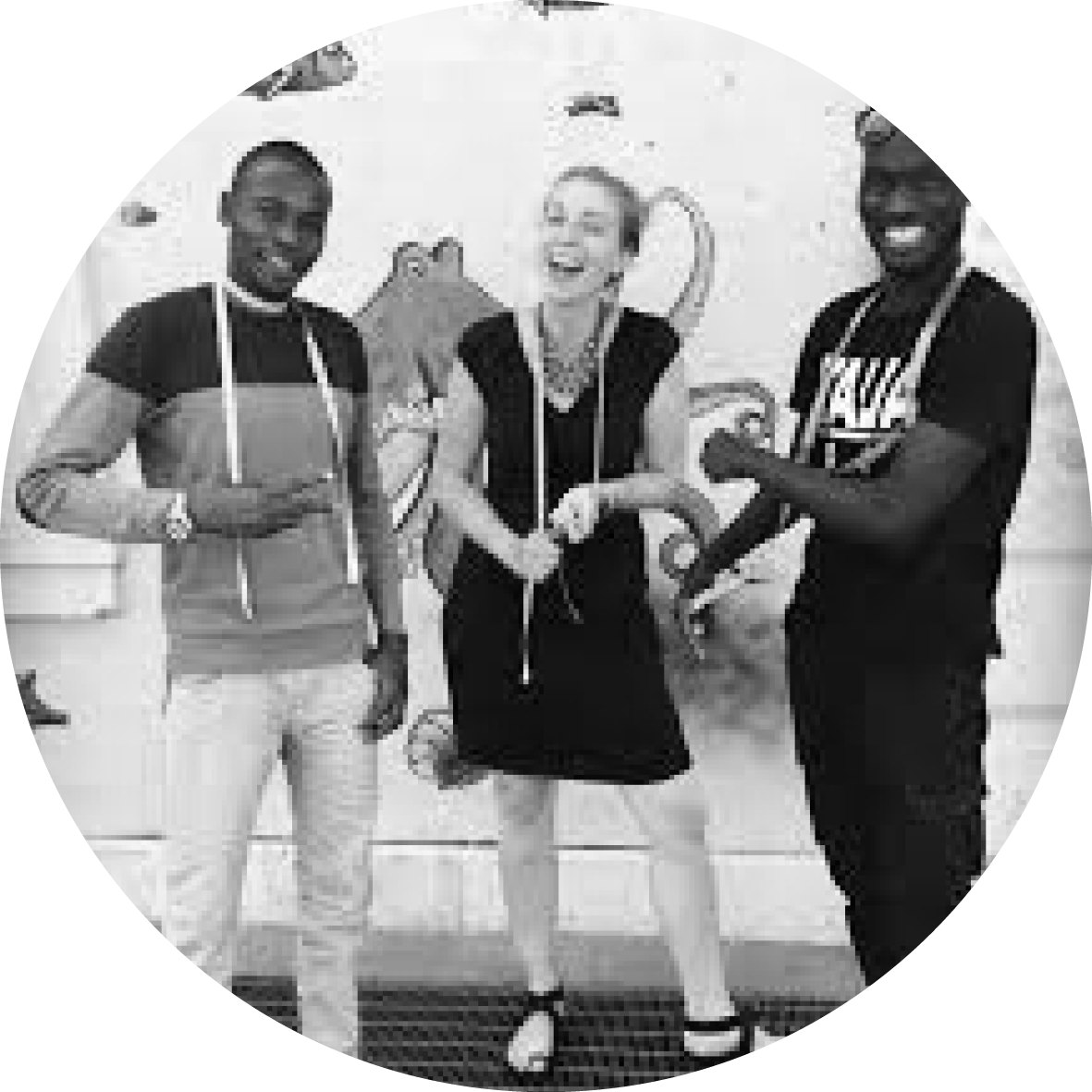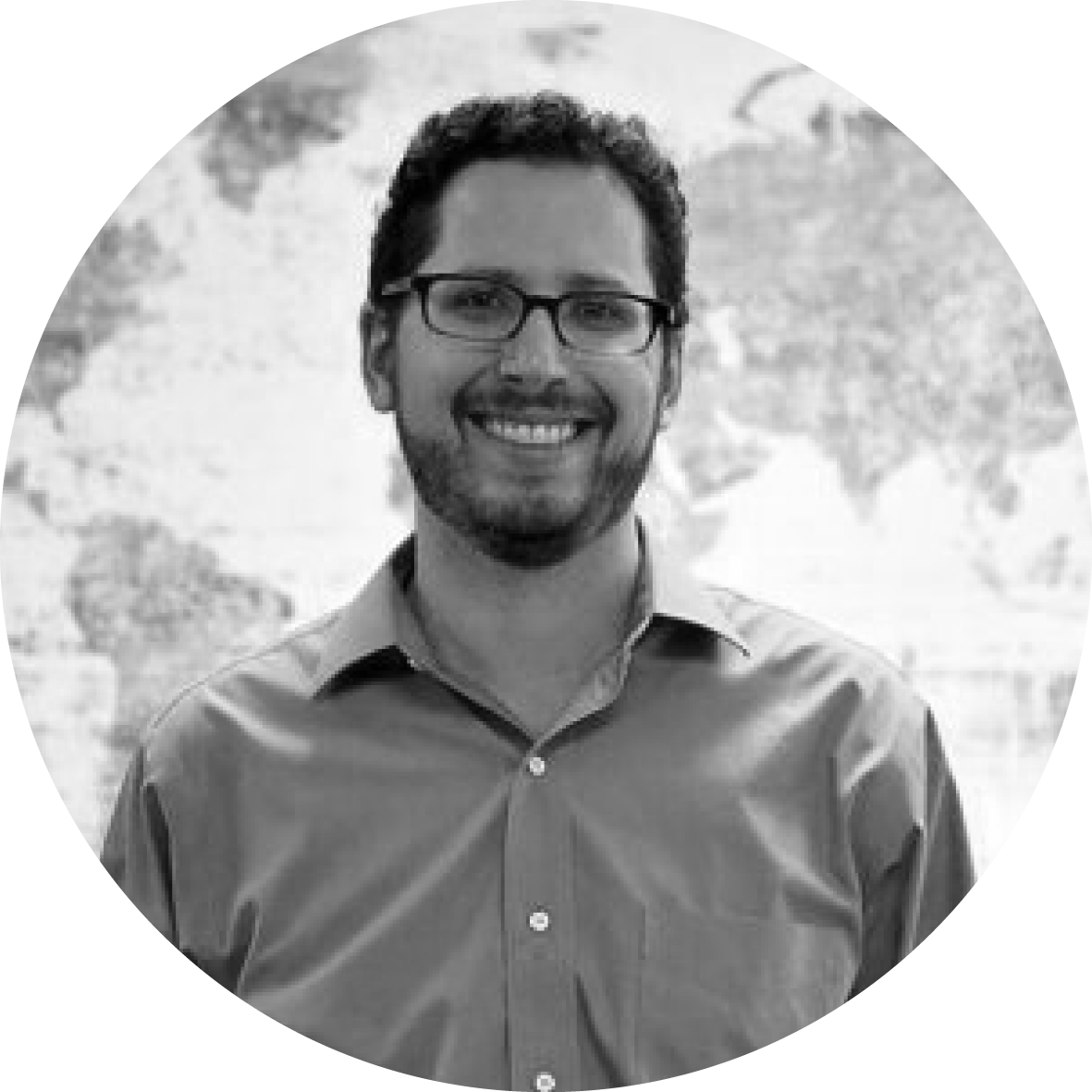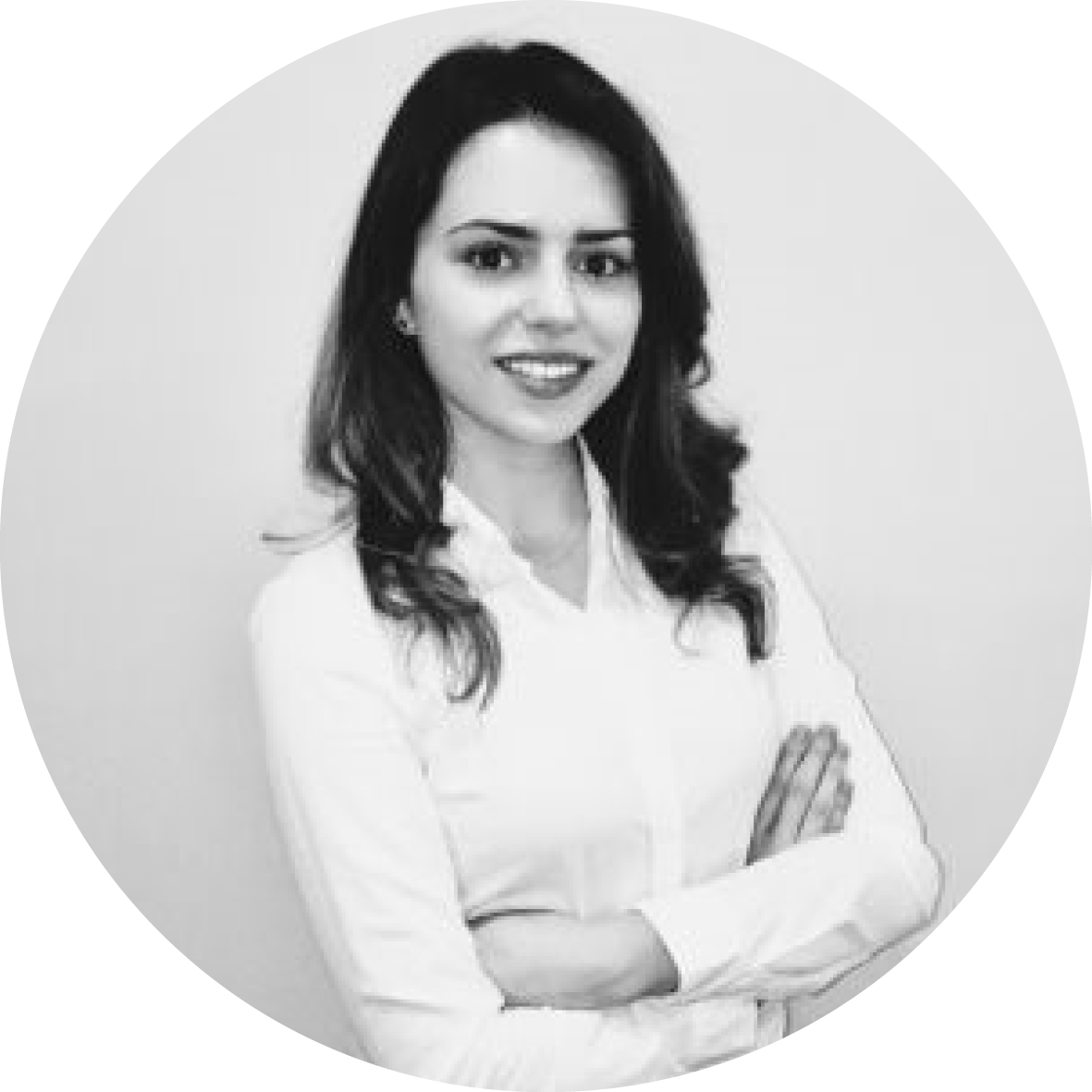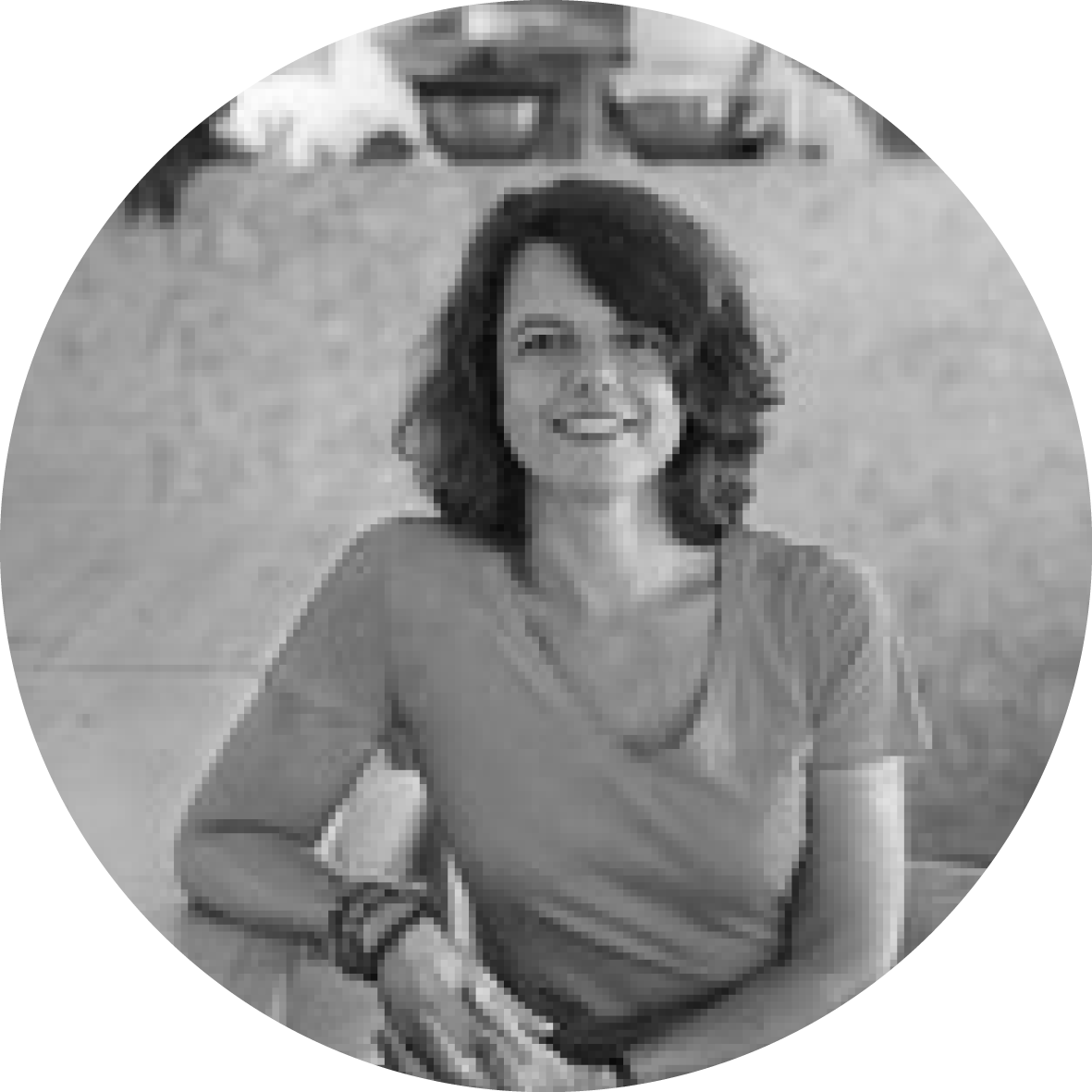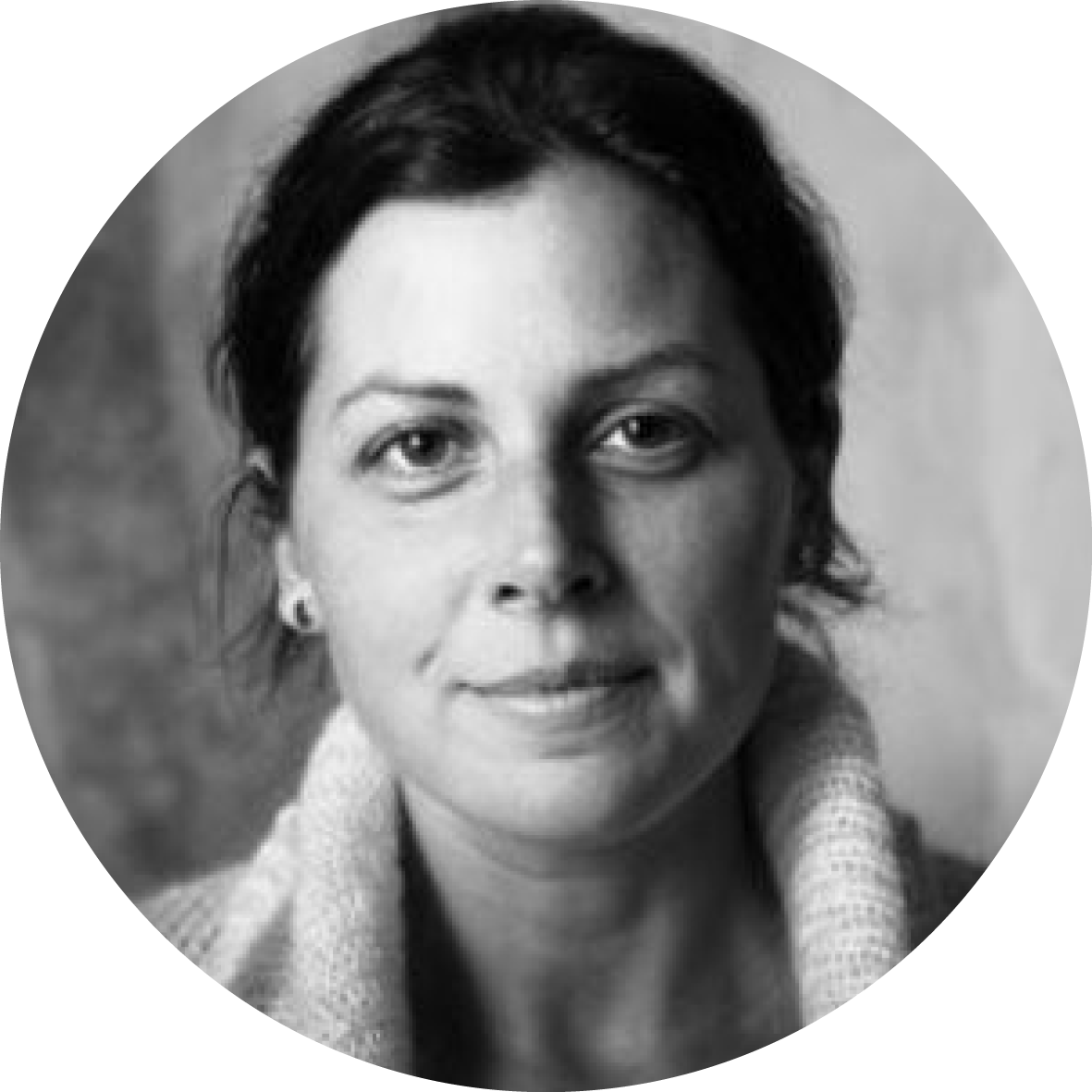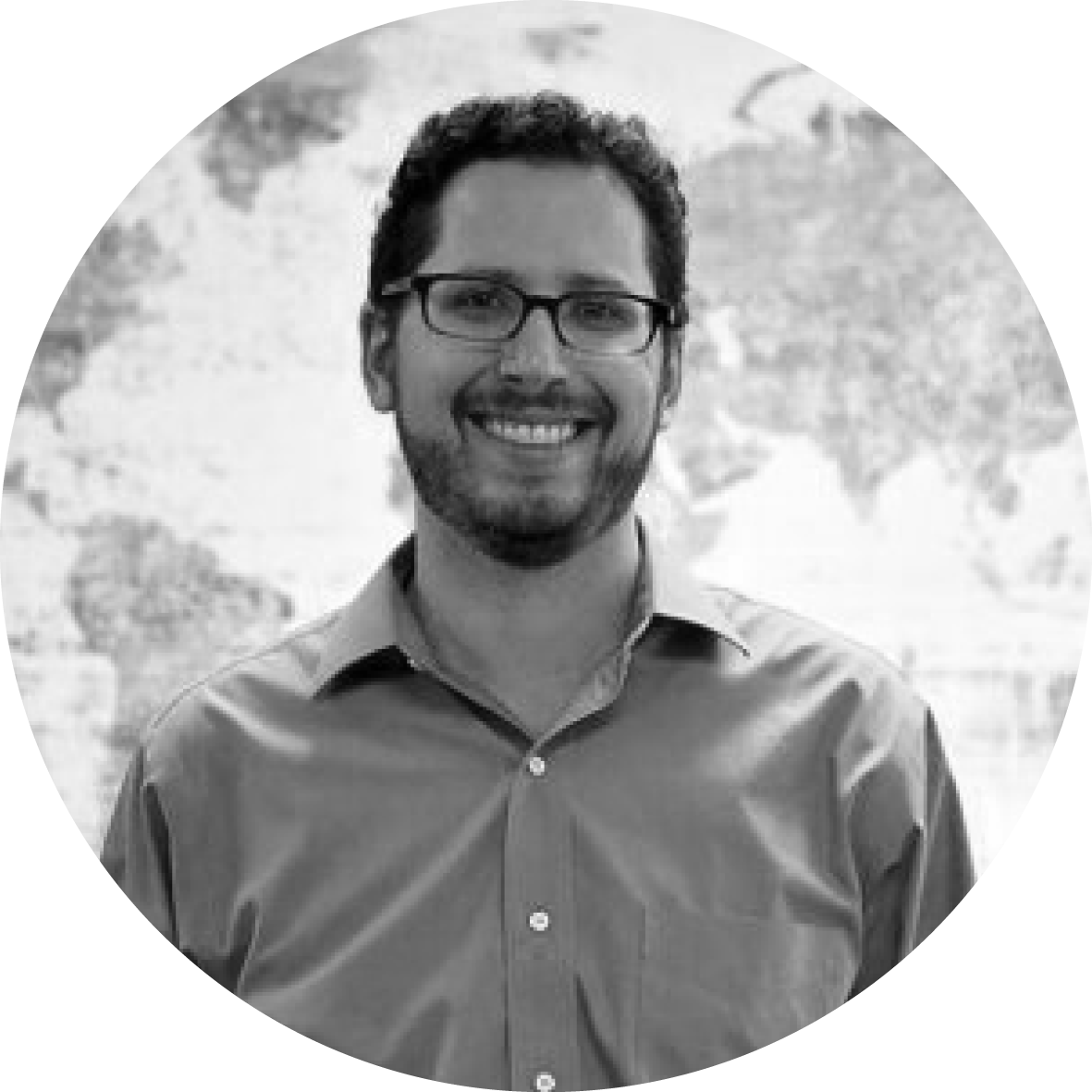+Solutions in Argentina
CATALYSTS
Lisa Cooper
THE PROBLEM
Many young people lack the support they need in making important life choices and as a result, are not completing school and are at risk of becoming outsiders in society. The high school dropout rate is 27% in Norway and 33% in Sweden. These rates are even higher for immigrant youth. Only 65% of young people with minority backgrounds are in education or employment, compared to that of 87,8% of the “Norwegian” youth.
THE SOLUTION
Catalysts focuses on increasing young people’s knowledge and awareness of their strengths, abilities and interests. Catalysts has a goal of building relationships, increasing the contact between cultural groups and breaking down the barriers that exist for young professionals and youth with a minority background, who are experiencing challenges when attempting to enter the labour market. They also work to reduce school dropouts in this group. Young people are paired with mentors with whom they have regular one-on-one sessions during a 12-month period. The mentoring and coaching programmes are based on concepts such as diversity management and appreciative inquiry. The mentors, in turn, change their mindset about youth with minority backgrounds.
THE IMPACT
Catalysts ensure that they include a wide range of youth who are at a risk of dropping-out and facing unemployment. In 2018, they reached 960 youth across 5 regions in Norway and created 126 mentor relations.
“Our mission is to help all youth, regardless of background and nationality, to feel a sense of belonging, to finish their studies and build a solid path to employment through our mentoring program, which provides a caring adult contact, and an anchor to their local community.”
KIRON HIGHER EDUCATION
Markus Kressler and Vincent Zimmer
THE PROBLEM
Not everyone has equal rights and access to education. Refugees and other migrants often do not have access to education in their home countries, and therefore struggle to find suitable jobs in their new places of residence.
THE SOLUTION
Kiron Campus is an online learning platform for underserved communities in the Middle East and refugees worldwide. The organisation empowers learners worldwide and equips them with the skills, tools and networks needed for future success. Kiron supports the fourth UN Sustainable Development Goal by enabling access to inclusive and quality education. Additionally, the platform is leading the way to find EdTech solutions for underserved communities. By providing opportunities for education and language learning, Kiron offers students the chance to thrive in their home and/or their host communities.
THE IMPACT
There are more than 150 partners worldwide and over 6000 students enrolled in courses through Kiron. The platform has developed many digital tools for online learning and has played a large role in the lobby for the official recognition of online education.
“Back in Syria, I had always dreamt about studying computer science. Kiron gave me the opportunity to finally fulfil this dream.”
WELCOMING INTERNATIONAL
David Lubell and Vanja Panti
Founded by Ashoka Fellow David Lubell
THE PROBLEM
The recent influx in migration has caused unease and fear amongst long-time residents in communities worldwide. These fears are exploited by right-wing movements and foster a strong anti-migrant sentiment and unwelcome environment, hindering the integration process. Incomplete local integration of newcomers, due to a lack of local, multi-sector planning for demographic change and failure to listen to newcomers for the development of local policies lead to a decline in community cohesion in towns and cities experiencing growth in their immigrant and refugee populations.
THE SOLUTION
Welcoming International helps local communities adjust to and understand the benefits of demographic change. The project focuses on host community engagement; an approach that reduces anxiety and increases empathy among long-term residents in communities experiencing rapid growth in migrant populations. The project helps communities go beyond the typical “seed-focused” approach, and direct significant attention to engaging the native-born population in those communities where refugees and other migrants settle.
THE IMPACT
Welcoming International, established in 2009 (as Welcoming America), works in over 160 cities and towns across the United States, supporting non-profits and local governments to transform their communities into inclusive places that allow everyone to thrive. A network of non-profit and local government members – currently in 85 US communities and including the US White House – is provided with intensive support as they develop plans, programmes and policies to transform their communities. After finding significant success in the US, Welcoming International is now scaling their approach to other countries, amongst which New Zealand, Australia, Germany, Spain, Portugal, Sweden and the UK.






























































